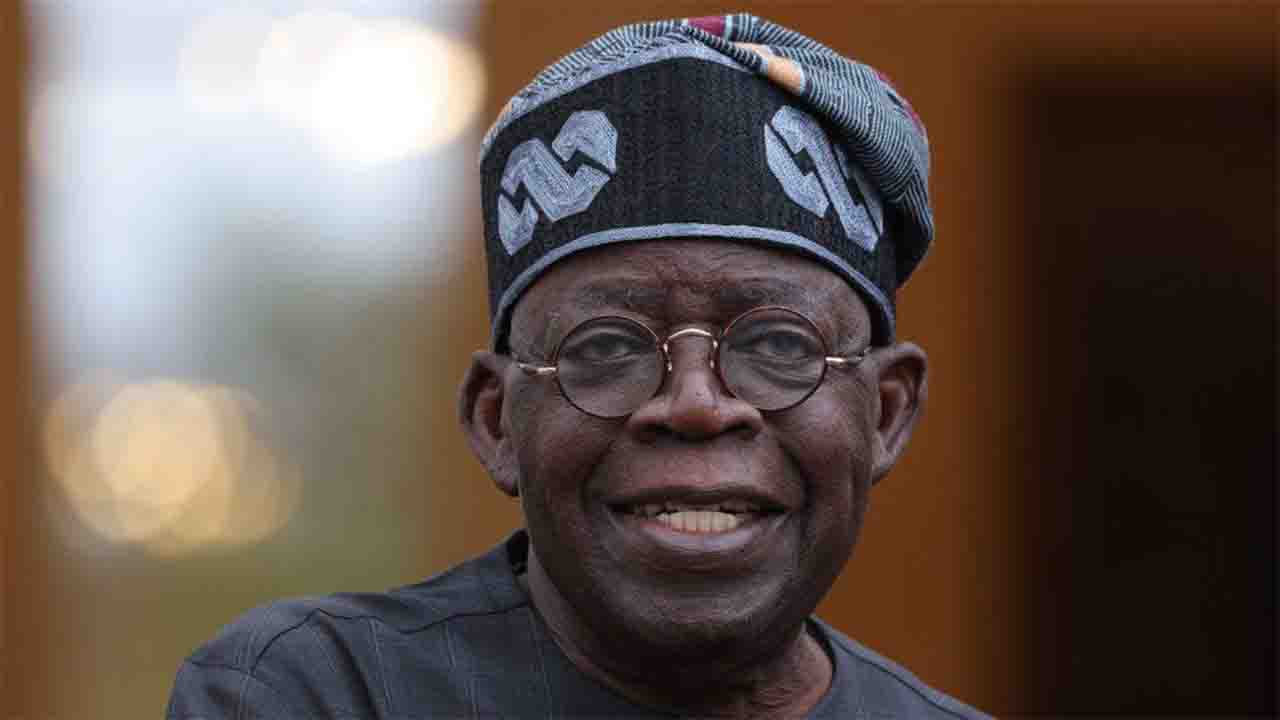Africa (Commonwealth Union) _ Nigeria’s President Bola Tinubu has announced a three-month ban on ministers and other government officials from publicly funded overseas travel, effective from April 1st. The decision aims to curb government spending on foreign trips in response to concerns about escalating costs associated with such travel.
President Tinubu and his administration have come under fire for their extensive international travels, drawing particular attention to the sponsorship of over 400 individuals to attend the COP28 climate conference in Dubai last November. Since taking office in May 2023, President Tinubu has embarked on over 15 foreign trips, exceeding budgeted amounts for both domestic and international travel. Critics argue that these frequent travels divert resources and attention away from pressing domestic issues. Additionally, concerns have been raised about the transparency and justification behind these trips. Despite the administration’s stated objectives, such as promoting Nigeria’s interests on the global stage and fostering international partnerships, the frequency and scale of these travels have sparked public debate. The controversy underscores the need for accountability and prudent management of public funds to ensure that government officials prioritize their core responsibilities and effectively serve the interests of the nation.
Facing Nigeria’s pressing economic challenges and public discontent, President Tinubu’s administration sees the travel ban as a necessary step towards prudent fiscal management. The country is grappling with severe cost-of-living crises, prompting initiatives such as reducing the size of official travel delegations earlier this year.
In the imminent ban, government officials must obtain President Tinubu’s approval at least two weeks prior for essential foreign travel, aiming to prioritize their primary responsibilities and enhance service delivery. However, while tightening regulations on official travel, President Tinubu’s administration has yet to clarify if his own international engagements will be curtailed. The administration has previously defended such trips as essential for addressing economic challenges and advancing national interests. Despite this, scrutiny persists regarding the frequency and necessity of these trips, with critics questioning their impact on government expenditure and effectiveness. As calls for transparency and accountability grow louder, the administration faces increasing pressure to justify and rationalize foreign travel, ensuring that it aligns with national priorities and contributes meaningfully to the country’s development goals.








